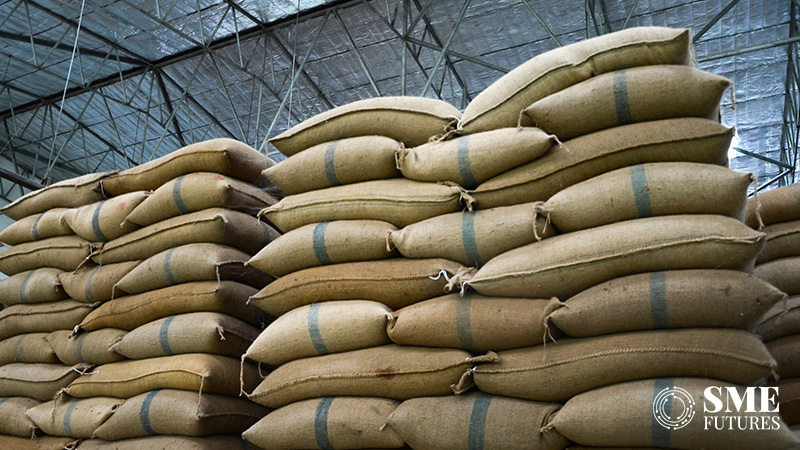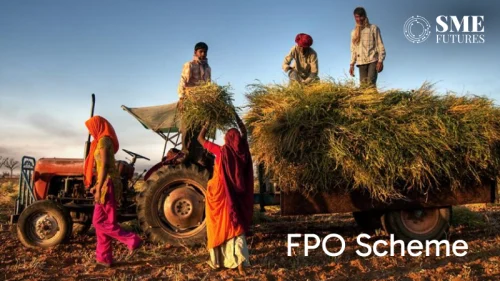A tax on parboiled rice exports crippled activity in India this week, while Vietnamese and Thai export rates eased further from recent highs.
India’s 5 per cent broken parboiled rice prices remained at $525-$535 per metric ton, still near a record $520-$540 hit on Aug 31.
“Trade is paralysed… It could restart after duty (on parboiled rice) becomes nil post Oct. 15,” said Himanshu Agarwal, executive director at exporter Satyam Balajee.
Global prices spiked after India imposed a 20 per cent duty on parboiled exports on Aug. 25 in addition to existing curbs on non-basmati white rice.
“We’re just giving indicative prices to buyers. Nobody is making purchases at these levels,” said an exporter.
Thailand’s 5 per cent broken rice prices eased to $613-$615 per metric ton from $620 last week.
Prices slipped due to a weaker baht but were still high, a trader said, adding farmers were considering increasing production.
Deliveries were only being made on previously agreed prices to Iraq, Philippines and Malaysia, the trader added.
Vietnam’s 5 per cent broken rice prices retreated to $620-$630 from $630-$640 last week.
Buyers from the Philippines remained quiet, a Ho Chi Minh City-based trader said.
But another trader in the Mekong Delta said tight supplies and rising demand from Africa and Indonesia should cap declines.
Shipments during January-August stood at 5.8 million tons, leaving only 1-2 million tons for exports until year-end, he added.
Data showed 172,750 tons for loading at Ho Chi Minh City port during Sept. 1-16, bound mostly for Indonesia, Malaysia and the Philippines.
Bangladesh has enough stocks — about 1.7 million tonnes at present– offering relief amid elevated global prices, although domestic rates were still high, a senior Food Ministry official said.
Farmers also kept a tab on the El Nino phenomenon following an unusually dry August, with lower rainfall forecast in September a further threat to supplies. (Reuters)











